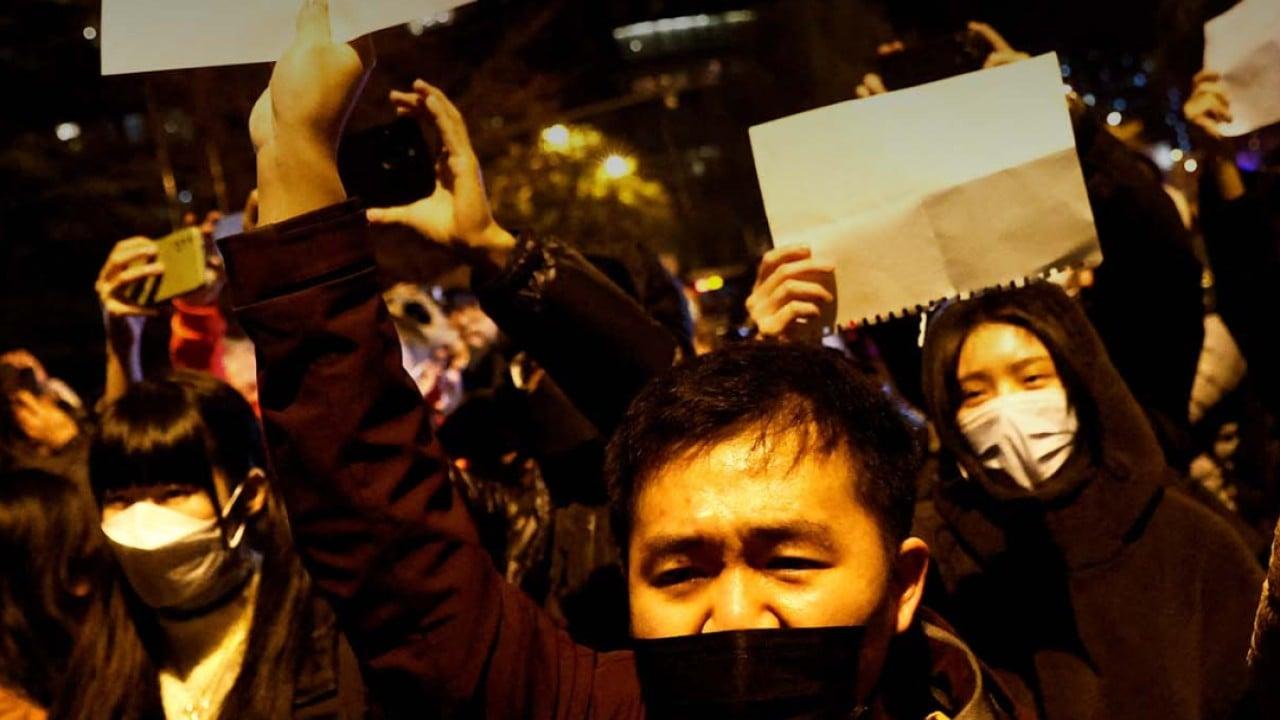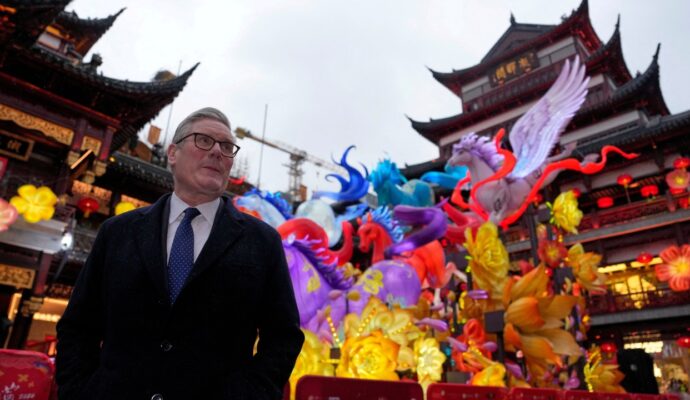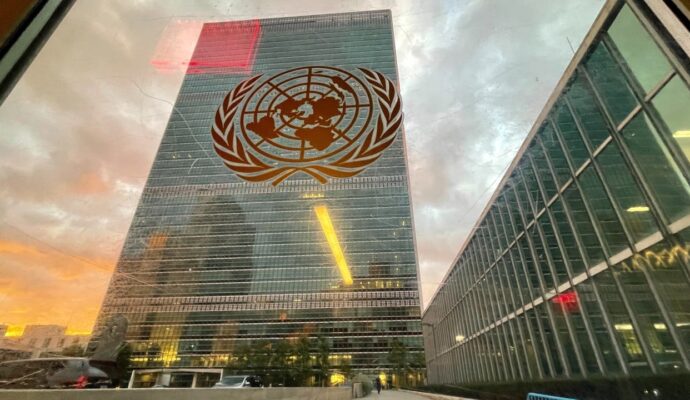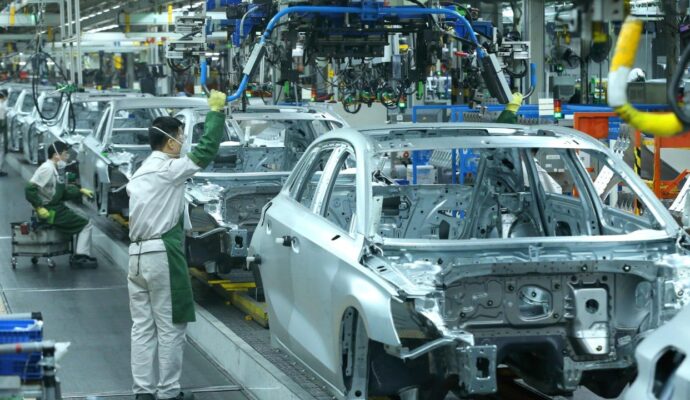
Severe restrictions have also sparked rare public protests around the country.
The latest official surveys showed on Wednesday that both China’s factory and services activities contracted to seven-month lows and worse than market estimations in November.
Experts warned that the “inevitable” costs of Chinese cities being forced to impose restrictions amid a surge in coronavirus cases have already started to appear.
The International Monetary Fund last week urged Beijing to “recalibrate” its Covid-19 policy to the economy while relying on market reforms to raise productivity and deliver medium- and long-term growth.
Analysts now expect the Chinese economy to grow only 3.3 per cent year-on-year in 2022, far below the official target of “around 5.5 per cent” set by the central authorities in March, according to the domestic financial data provider Wind.
In a note on Tuesday, the investment bank Nomura said that weaker demand from China would exacerbate the export downturn and add to disinflationary pressures for the rest of Asia.
On November 23, Nomura cut its forecast for China’s fourth-quarter growth rate to 2.4 per cent from its previous estimate of 2.8 per cent. It also trimmed the forecast for China’s annual economic growth rate in 2023 to 4.0 per cent from 4.3 per cent.
After protests in several major Chinese cities over the weekend, the country’s central and local authorities appeared to have taken steps to improve their coronavirus strategy.
The cities of Guangzhou and Chongqing announced an easing of Covid restrictions on Wednesday, a move also seen in Shijiazhuang, which at one point was expected to be a pilot city for reopening.
A demonstrator in South Korea displays a placard during a solidarity protest against China’s coronavirus lockdowns on Wednesday. Photo: Yonhap via Reuters
When meeting with health officials and experts on Wednesday, Chinese Vice-Premier Sun Chunlan, the most senior official in charge of Covid response, uncommonly highlighted that “the pathogenicity of the Omicron variant weakens” and said the country was facing “a new situation and new tasks” in pandemic controls.
The memo of the meeting published by official Xinhua news agency made no mention of “zero-Covid”.
During his remarks, Powell confirmed that smaller interest rate increases were likely and could start “as soon as” the Fed’s meeting in December. But he warned that policy would likely have to remain tight “for some time” since the US had “a long way to go in restoring price stability”.
He also said US central bank officials were monitoring global financial markets and economies “very carefully”.
“My colleagues and I really think that the best thing we can do for ourselves and for the global economy is to get inflation under control as quickly as possible,” he said.


